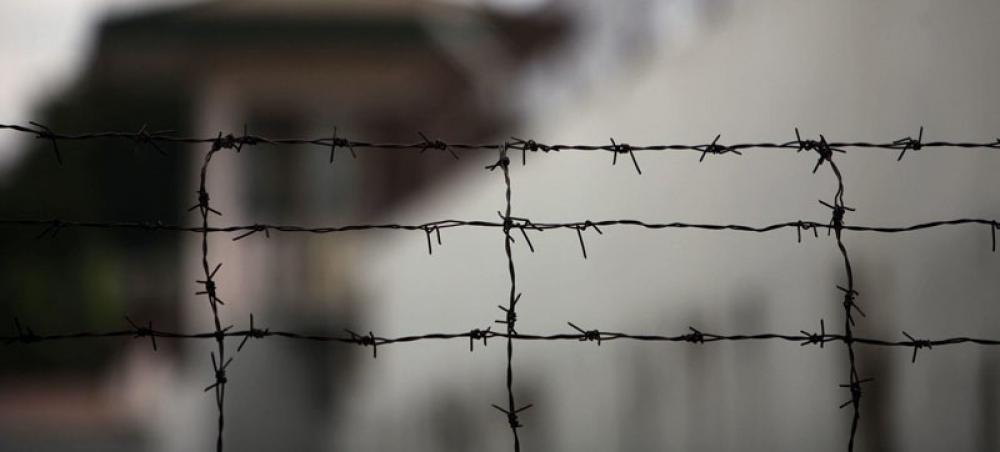Just Earth News | @justearthnews | 28 Apr 2023, 07:37 pm Print

UNICEF/Josh Estey
New York: Experts appointed by the UN Human Rights Council on Friday called for Singapore to impose an immediate moratorium on capital punishment, denouncing the Government’s continued use of the death penalty for drug-related crimes.
They strongly condemned the execution this week of Tangaraju s/o Suppiah, who was convicted of conspiring to traffic cannabis from Malaysia to the country in 2013.
Fair trial concerns
Suppiah, a 46-year-old Tamil from Singapore, was hanged on Tuesday despite claims that he had not been provided with adequate interpretation during police interrogations.
“The death penalty can only be carried out after a legal process with every possible safeguard that ensures a fair trial, including legal representation at every stage of proceedings and necessary interpretation in all oral proceedings,” the experts said.
Alarming executions rate
They added that the rate of execution notices for drug-related offences in Singapore was “highly alarming”.
Suppiah reportedly was the 12th person to be hanged since March 2022, according to the UN human rights office, OHCHR, which had urged the Government not to go ahead with his execution, citing concerns around due process and respect for fair trial guarantees.
The UN experts said States that have not yet abolished the death penalty may only impose capital punishment for the most serious crimes.
“Under international law, only crimes of extreme gravity involving intentional killing can be considered as ‘most serious’. Drug offences clearly do not meet this threshold,” they argued.
Discrimination against minorities
The rights experts also voiced concerns about discriminatory treatment of people from minority groups, such as Mr. Suppiah, as well as reports of reprisals against their lawyers.
Suppiah was sentenced under Singaporean law, which makes capital punishment mandatory for certain offences, including drug-related convictions. The experts said the mandatory sentencing law strips judges of discretion to consider individual cases, context and circumstances.
“We reiterate that the mandatory use of the death penalty constitutes an arbitrary deprivation of life, since it is imposed without taking into account the defendant’s personal circumstances or circumstances of the particular offence,” they said.
- Caught on camera: Two foreigners assaulted in Israel in an alleged racial attack
- Pakistan: Parents heartbroken after court sides with man accused of kidnapping minor Christian girl
- Pakistan: Trafficked 35 years ago, Bangladesh-born woman approaches court against FIA for offloading her from flight!
- Hindu tea worker found bound and bloodied in Bangladesh garden during general elections; investigation underway
- Brutal killing shakes Bangladesh: Hindu trader hacked to death ahead of polls





-1763561110.jpg)
